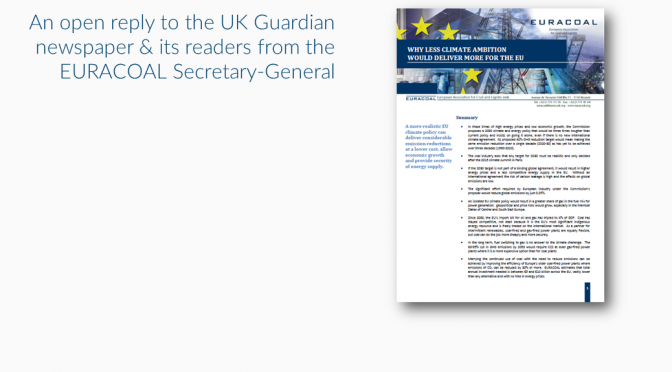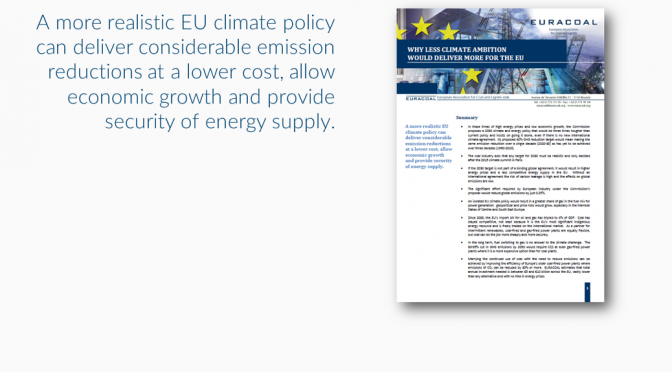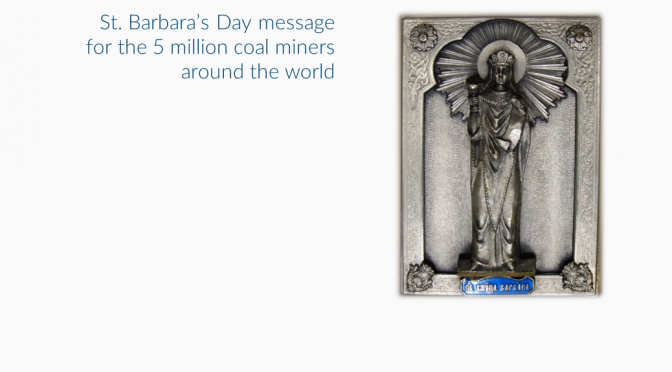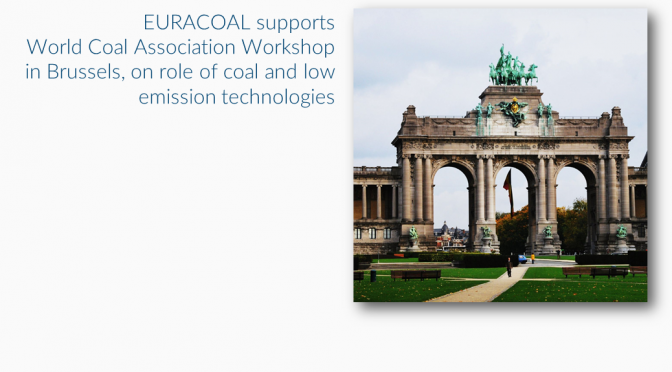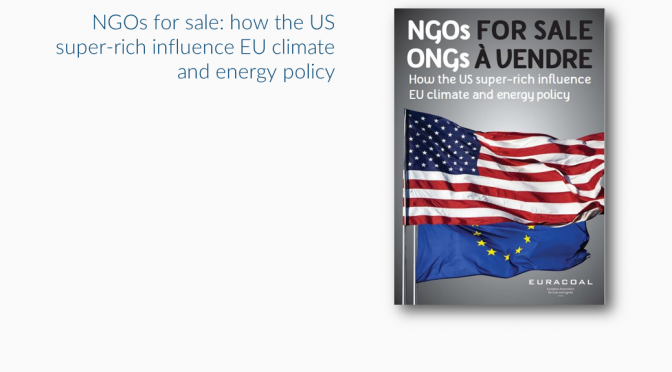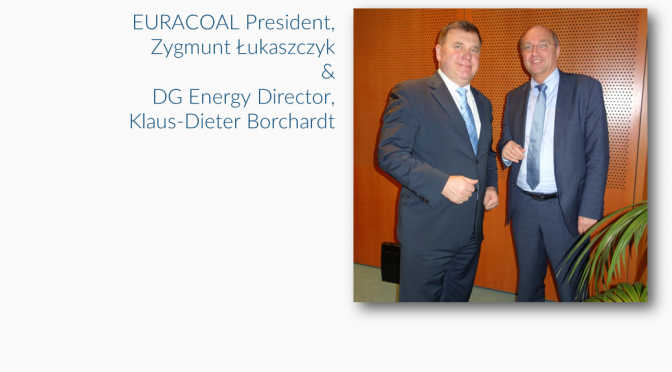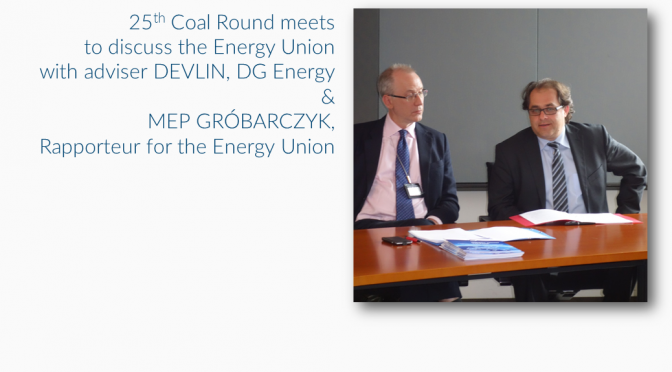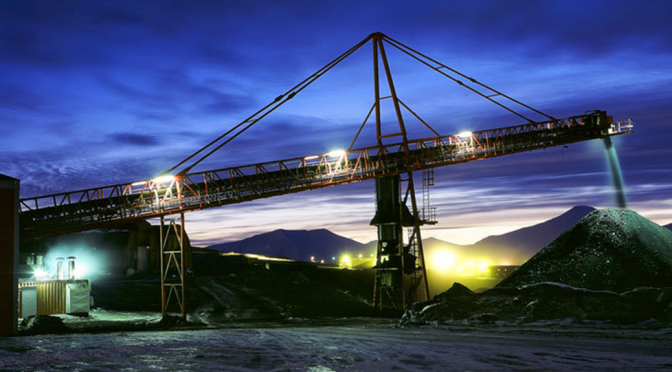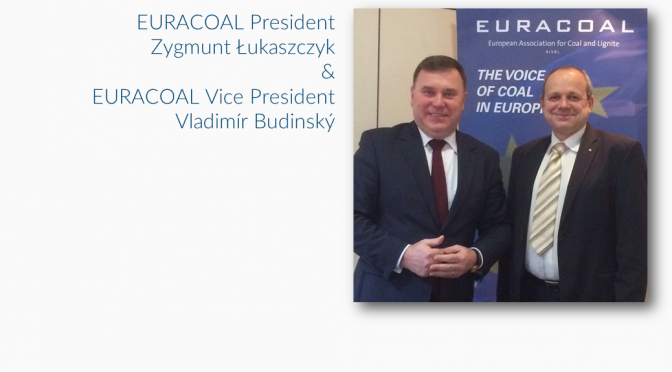Brussels, Sat 19/12/2015 17:18 (corrected Thu 28/01/2016 21:55 to clarify partnership between 350.org and Guardian)

After reading all 1,001 comments made by Guardian readers in response to “Coal lobby boss says industry ‘will be hated like slave-traders’ after COP21” (Arthur Neslen, UK Guardian, 15 December 2015), I have selected the best and republish them below. They offer a rich source of ideas and views on coal, both for and against: clever ones, insightful ones and funny ones. They will influence EURACOAL. The sweetest one sits at the very end, from OrganicPeaBrain. Vitriolic comments were thankfully few in number. I’m sure that many respectable people stand behind their shields of online anonymity, but they should remember that those shields are really only paper thin to the eyes of GCHQ.
We have published the EURACOAL members’ briefing that Arthur Neslen quotes, so that his juicy bits can be seen in their proper context. While we do question the future potential of renewables, EURACOAL has no view on climate science. However, it is fair to say that many in the coal industry are climate sceptics. Skilled miners, well-educated mining engineers and professional geologists have a unique perception; they work with materials that were laid down hundreds of millions of years ago and have a better appreciation than most people of the great planetary changes that have taken place over time. Convincing them is the test of climate scientists.
On climate action, I would go for economic options; as OscarAwesome states below, “The morality follows the economics.” So, we need cheap alternatives to coal. If we have to rely on public support for renewables, then there will be no “energy transition”, just lost jobs. It is easy to destroy things, very easy. Building stable societies is much harder. EURACOAL will continue to say what we think and I sincerely hope that others around the world will be free to do the same.
To that end, an independent media with keen investigative journalists is hugely important in any democratic society. So, it was good to see the Guardian publish the story that needed to be published on how the UN pushed through the Paris Agreement in a way that lacked democratic legitimacy: John Vidal’s article explains this far better than I did in my members’ briefing.
Like all newspapers, the Guardian has had to find a new business model in a world where we expect online content to be free. The Guardian’s “keep it in the ground” campaign is run in partnership with a US-based organisation called 350.org, founded by Bill McKibben. It’s hard to judge his editorial influence, beyond his insightful and often inciting opinion pieces, e.g. on 13 December when he wrote in the Guardian of a “pack of wolves” at Exxon’s heels and called for illegal action at the “world’s carbon bombs”. Dangerous words, but permissible in the UK’s free press.
The coal industry is portrayed as a bunch of rent-seeking capitalists and, yes, I laughed at the “Australian Coal Mining Company” video on YouTube. In Europe, most coal mining is carried out by state-owned companies, companies such as Kompania Węglowa in Poland. I was there recently to celebrate St. Barbara’s Day, the patron saint of miners (Wizzair €8 flight from Charleroi, no carbon offset). I drank too much vodka with miners who work harder than I ever have to produce the coal that powers the Polish economy. They are good, decent men and women. Like me, they are wage slaves, not capitalists.
Brian Ricketts, Secretary General
Selected comments in response to “Coal lobby boss says industry ‘will be hated like slave-traders’ after COP21” by Arthur Neslen (UK Guardian, 15 December 2015)
red = pro coal
green = anti coal (obviously)
bold = interesting
Continue reading On COP21, “slave-traders” and press independence

